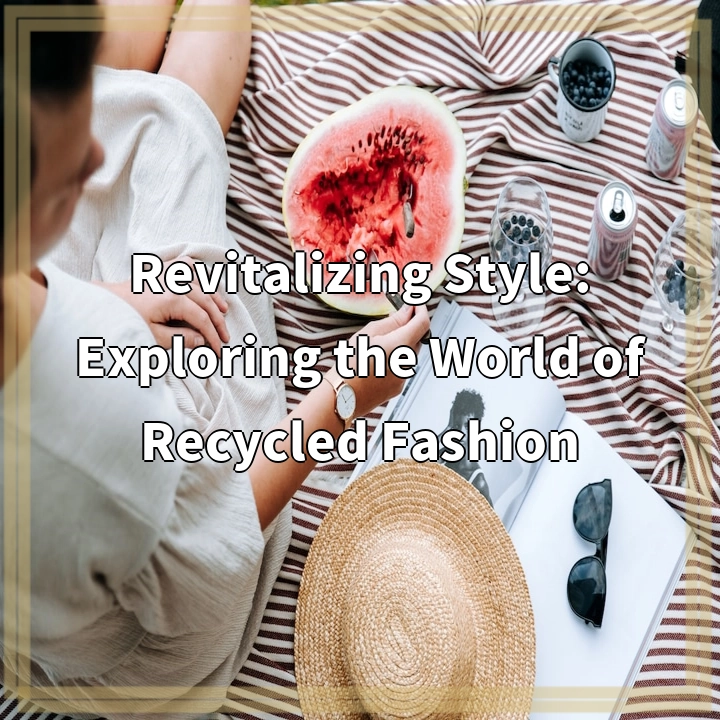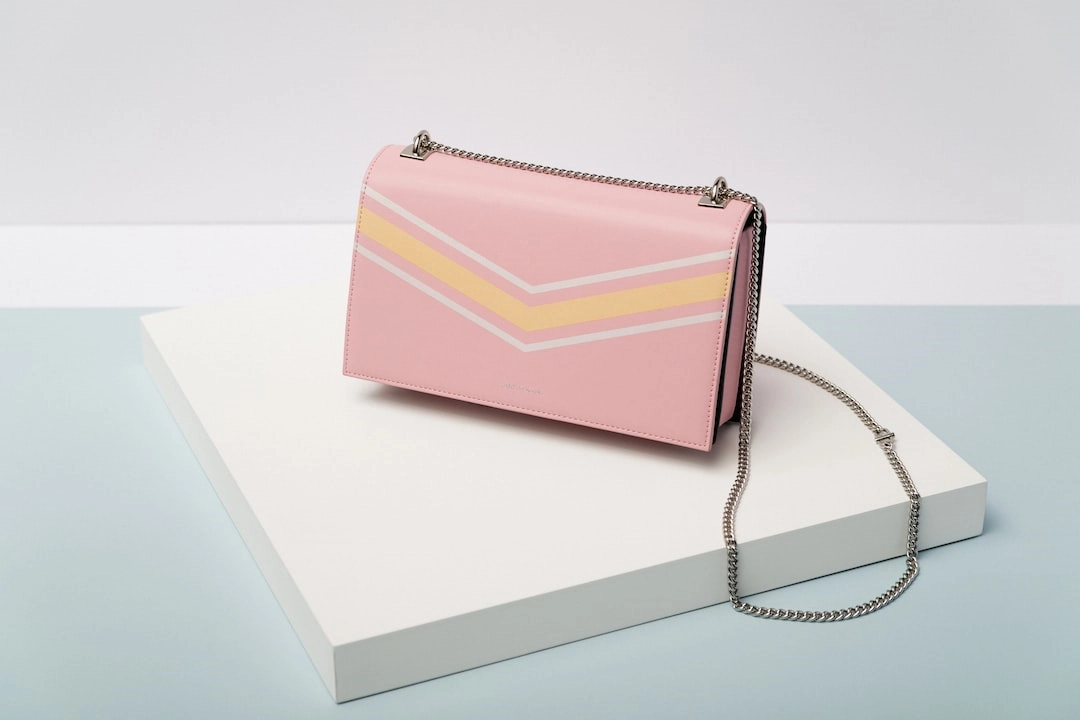
What it is:
In recent years, recycled fashion has emerged as a burgeoning trend in the fashion industry. It involves creating new clothing or accessories from pre-existing materials, such as discarded fabrics, upcycled garments, or vintage textiles. The concept behind recycled fashion is to minimize waste, reduce environmental impact, and promote sustainability in the fashion industry. By repurposing and reusing materials, designers and consumers can contribute to a more circular economy and foster a more ethical and conscious approach to fashion.
Real-World Problems:
Despite the numerous benefits and opportunities presented by recycled fashion, there are also some real-world challenges that need to be addressed.
1. Lack of Awareness: One of the main problems is the lack of awareness and understanding among consumers regarding the concept of recycled fashion. Many people might not be aware of the environmental impact of the fashion industry or the potential of recycled fashion to address these problems. Thus, there is a need for education and awareness campaigns to promote the benefits and importance of recycled fashion.
2. Limited Supply and Accessibility: Another challenge is the limited supply and accessibility of recycled fashion products. While there are designers and brands creating recycled fashion, the availability of these items may still be limited in certain regions or price ranges. This can make it difficult for consumers to find and engage with recycled fashion options.
3. Quality and Durability Concerns: Some consumers may have concerns about the quality and durability of recycled fashion products. There may be a perception that these items are of lower quality or less durable compared to traditional fashion items. Addressing these concerns and ensuring that recycled fashion products meet the same standards of quality and durability as traditional fashion can help build trust and encourage wider adoption.
4. Overcoming Fashion Trends and Fast Fashion: The fast fashion industry and its focus on constantly changing styles and trends present another challenge to recycled fashion. Encouraging consumers to shift away from fast fashion and embrace recycled fashion requires a shift in mindset and a reevaluation of the “throwaway” culture that prevails in the fashion industry.
5. Scaling Up Production: As the demand for recycled fashion increases, scaling up production while maintaining ethical and sustainable practices can be challenging. The fashion industry needs to invest in research, development, and infrastructure to support the growth of recycled fashion production without compromising on its core principles.
By facing these challenges head-on and fostering collaboration between designers, consumers, and industry stakeholders, we can overcome the real-world problems associated with recycled fashion and pave the way for a more sustainable and environmentally-friendly fashion industry.

Solutions to Real-World Problems in Recycled Fashion:
Addressing the challenges in recycled fashion requires a collaborative effort from multiple stakeholders. Here are some potential solutions:
1. Raise Awareness and Educate:
To overcome the lack of awareness, education and awareness campaigns should be implemented to highlight the environmental impact of the fashion industry and the benefits of recycled fashion. This can be done through social media campaigns, workshops, and collaborations with influencers and sustainable fashion advocates.
2. Increase Availability and Accessibility:
To make recycled fashion more accessible, designers and brands should focus on expanding their distribution networks and making their products available in a wider range of price points. Collaborations between designers and retailers can help bring recycled fashion to mainstream stores and make it more convenient to purchase.
3. Ensure Quality and Durability:
Designers need to prioritize quality and durability in their recycled fashion products. Using high-quality materials and implementing meticulous craftsmanship can alleviate concerns regarding the quality of recycled fashion items. Providing clear warranties and guarantees can also instill confidence in consumers regarding the longevity of these products.
4. Promote Sustainable Fashion:
To shift consumer preferences away from fast fashion, promoting sustainable fashion practices is essential. This includes advocating for conscious consumerism, encouraging the use of rented or secondhand clothing, and promoting capsule wardrobes. Consumers can also be educated about the environmental and social impact of fast fashion to encourage them to make more sustainable choices.
5. Invest in Research and Development:
To scale up production and maintain ethical practices in recycled fashion, the fashion industry needs to invest in research and development. This includes exploring innovative technologies and processes that can improve efficiency in recycling and upcycling materials. Collaboration between fashion brands, researchers, and sustainability experts can drive advancements in this field.
By implementing these solutions, the fashion industry can overcome the real-world problems associated with recycled fashion and create a more sustainable and inclusive future.















